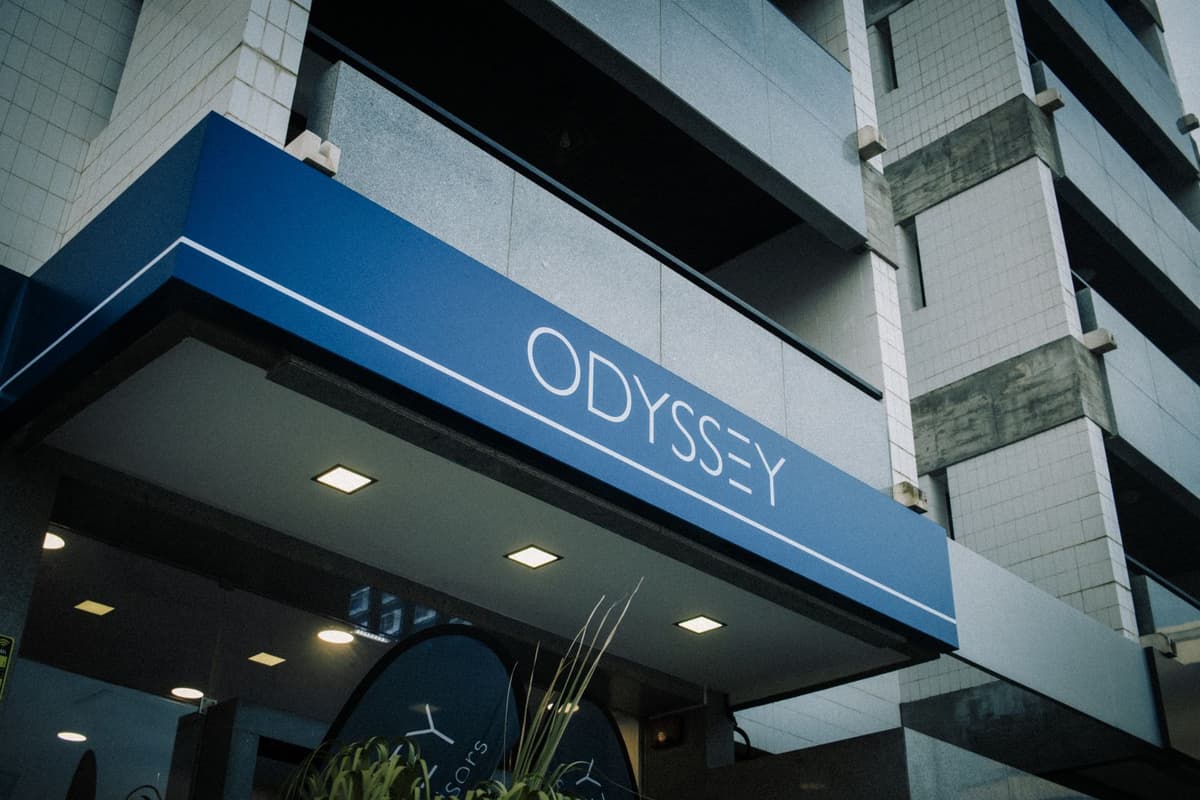Developer CEO Cites Licensing Delays as Top Frustration in Portuguese Real Estate
Paulo Loureiro, the Chief Executive Officer of private equity firm Bondstone, has identified bureaucratic delays in project licensing as one of the most significant obstacles facing real estate developers in Portugal. In a recent interview, the head of the firm developing the 700-million-euro Arcaya project in the Algarve provided a candid assessment of the challenges impacting the sector, which also include a pronounced labor shortage and slow financial systems.
Loureiro announced that the firm's flagship Arcaya development, a 68-hectare project in the Algarve, has achieved 40 sales to date, comprising 19 villas and 21 plots. This represents approximately 40% of the currently launched product. He detailed a development strategy focused on market feedback, where initial sales of model homes helped refine the final product to meet consumer demand. The project attracts a balanced mix of 50% Portuguese and 50% foreign buyers, with British and Irish nationals leading international interest.
Despite this sales success, Loureiro was direct about the difficulties. 'One of the main frustrations for real estate developers in Portugal is the licensing deadlines,' he stated. 'The municipal processes create a degree of uncertainty in terms of timing and this causes a lot of uncertainty for the investor.' This unpredictability in securing permits is a recurring theme within the industry, often cited as a major deterrent to the swift execution of projects.
Another major industry-wide development challenge is the 'lack of labor.' Loureiro emphasized that finding skilled construction workers is 'very difficult,' a situation he noted is particularly acute in the Algarve but reflects a national problem. This shortage directly impacts construction timelines and costs, adding another layer of risk to development ventures.
Loureiro also introduced a new service model for the project, announcing a partnership with the Mondrian hotel brand. The agreement includes plans for a hotel set to open in 2028 and the development of 100 branded residences. Buyers of these residences will have the option to include their properties in a rental pool managed by Mondrian, providing a turnkey investment solution.
Need Expert Guidance?
Get personalized insights from verified real estate professionals, lawyers, architects, and more.
The CEO's commentary has been echoed by professional real estate associations. The Associação Portuguesa de Promotores e Investidores Imobiliários (APPII) has frequently called for reforms to streamline licensing, arguing that the current system hinders investment and slows down the delivery of much-needed housing. In a recent statement, APPII's president, Hugo Santos Ferreira, noted that 'reducing the bureaucratic burden is essential for the sector's competitiveness.'
In response to these industry concerns, the government has introduced measures like the 'Simplex' program, aimed at simplifying administrative processes. However, Loureiro expressed reservations about its effectiveness, noting that 'there are many uncertainties and there are some actors in the market who are not comfortable with this elimination of documents.' He specifically mentioned that banks may still require municipal paperwork to finance buyers, suggesting the reforms have not been fully embraced by all stakeholders.
The financial sector itself was also a target of criticism. Loureiro, who has a financial background from New York, described the Portuguese banking system as 'very slow' in supporting real estate developers at the corporate level. 'Requesting financing and getting responses... can take months,' he said, a pace that is often misaligned with the speed required for investment decisions.
Connect with trusted real estate professionals at realestate-lisbon.com.



